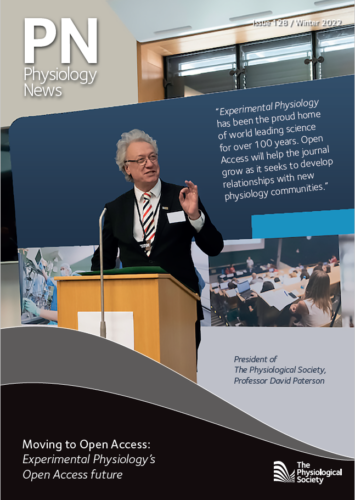
Physiology News Magazine
The 100th anniversary of the Physiological Society of Japan (PSJ)
Reflecting on our history and looking ahead at the next century
Features
The 100th anniversary of the Physiological Society of Japan (PSJ)
Reflecting on our history and looking ahead at the next century
Features
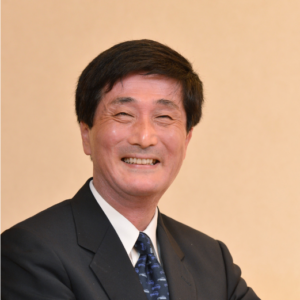
Dr Yoshihiro Ishikawa
President of the PSJ
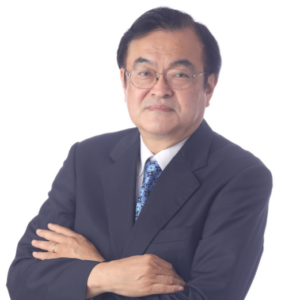
Professor Tadashi Isa
Conference Director of the 100th Anniversary Annual Meeting of the PSJ
The Physiological Society of Japan (PSJ) celebrated its 100th anniversary in 2022. The 100th Anniversary Congress with the theme of “Homeostasis for Sustainability – Toward the Next Century of Physiological Sciences” will be held in Kyoto on 14–16 March 2023.
The 100th Anniversary Congress, 2023 in Kyoto, Japan
The 100th Anniversary Congress will be held from Tuesday 14 March to Thursday 16 March 2023 at the Kyoto International Conference Center. At this memorial 100th meeting of the PSJ, we will look back over the 100-year history of physiology in Japan, and look forward to the next 100 years in anticipation of further development. Looking back over the past century, we can see that physiology has clearly contributed to the promotion of health in society. The most obvious marker of this is the extension of the healthy lifetime of humans. On the other hand, the COVID-19 pandemic, ongoing since 2020, has markedly changed human society and brought new issues to light for the field of physiology to address. In light of this, we must consider how physiology can contribute to the sustainability of our world, both for humans and for the natural environment. Therefore, the 100th Anniversary Congress will be themed “Homeostasis for Sustainability – Toward the Next Century of Physiological Sciences”. Here, our message is “homeostasis, which is the fundamental concept of physiological science, should be the most critical for the future sustainability of our human life, society and environment of the earth and universe”. The meeting will start with a memorial symposium, which brings together eminent presidents of international physiological societies to discuss the research and education of physiology for the next 100 years, and followed by a number of lectures and symposia covering a variety of life science fields, as well as poster sessions. The plenary lectures will be given by Shinya Yamanaka (Kyoto University, a Nobel Laureate), Svante Pääbo (Max Planck Institute for Evolutionary Anthropology) and Bente Klarlund Pedersen (University of Copenhagen). Please join us in Kyoto and experience the breadth of physiology. We are excited to welcome you with a superlative programme on this special occasion!
We will now take you back to the early 1900s, where our society’s story begins. Here’s how the PSJ was founded and has grown through the years.
Prehistory and establishment of the PSJ
The pioneering first conference on physiology in Japan was held in Tokyo in April 1902 as the second part of the first meeting of the Japanese Society of Physiology and Biomedical Chemistry. The sixth Congress of the Society was held in April 1922, and the decision was made to establish a separate physiological society.
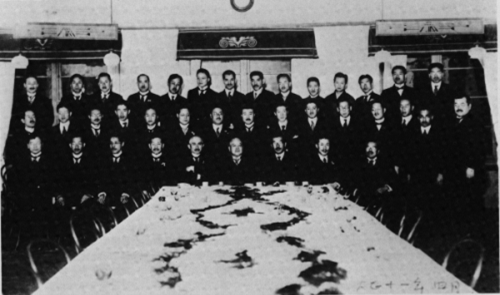
History of the PSJ
The PSJ was founded in 1922 and the first meeting was held at the University of Tokyo on J10 July 1922 (Fig.1). At the first meeting, 37 papers were presented as free communications. From the beginning, the society had a liberal spirit, which has continued to the present day. The Society’s scientific meetings have been held annually except in 1944 and 1945 due to World War II. However, the activities of the PSJ were quickly revived after the end of the war. The aim of the PSJ is to promote research in the physiological sciences by providing free communications to members and by actively committing itself to the national and international scientific communities.
Contributions of the PSJ to the International Union of Physiological Sciences (IUPS)
The PSJ has been a member of the IUPS since its founding in 1953. The PSJ organised the 23rd IUPS World Congress 1965 in Tokyo (President: Genichi Kato, Keio University) and the 36th IUPS World Congress 2009 in Kyoto (President: Yasushi Miyashita, University of Tokyo; Fig.2). Masao Ito (1993 – 1997) and Akimichi Kaneko (2005 – 2009) served as Presidents of the IUPS. Yoshihisa Kurachi, with the recommendation of the PSJ, served as the First Vice President of the IUPS (2009 – 2013).
Current activities of the PSJ
The PSJ has a total of 2,591 members as of 18 January 2022. Most of the members belong to academic research institutions related to medical science, life science, health science, pharmaceutical science, and so on. The research activities of the PSJ members are mostly supported by grants from the Ministry of Education, Culture, Sports, Science and Technology (MEXT) distributed by the Japan Society for Promotion of Sciences (JSPS). The JSPS also provides fellowships to graduate students and postdoctoral students, including those from foreign countries. Research grants are also provided by the Japan Agency for Medical Research and Development (AMED) and private foundations. A list of summaries of recent breakthrough papers published by PSJ members can be viewed at the “Science Topics” section of the PSJ website: http://int.physiology.jp/en/sciencetopics/
The PSJ has established Society Awards to support young researchers and female researchers. These awards include the Promotion Award of the Physiological Society of Japan for Young Scientists and Hiroshi and Aya Irisawa Memorial Awards. The awardees have actively contributed to the progress of physiological sciences in Japan and worldwide.
The PSJ publishes two journals: The Journal of the Physiological Sciences, an international peer-reviewed journal published bimonthly in English, and The Journal of The Physiological Society of Japan, published quarterly in Japanese (Fig.3).
To provide opportunities to acquire a wide range of knowledge required for teaching physiology, the Education Committee of the PSJ has organised an educational lecture course in physiological science at the annual meetings. PSJ members who take part in the lecture course can earn points towards certification as a “Physiology Educator”. Recently, 398 members were certified as “Physiology Educators” on 8 February 2022. The PSJ supports the Physiology Quiz in Japan, which college students run and participate in.
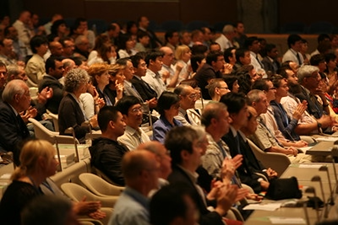
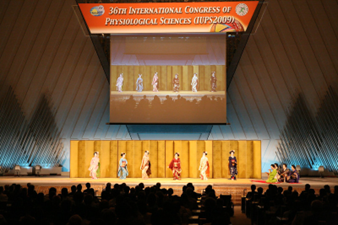
Important achievements
The PSJ has made achievements in various areas by the ongoing and tremendous efforts of individual PSJ members as described below.
International meetings
The IUPS World Congress was held twice in Japan, Tokyo in 1965 and 2009 in Kyoto. The 36th IUPS2009 in Kyoto was a successful meeting, with nearly 4,000 participants from around the world. The 9th FAOPS2019 in conjunction with the 96th annual meeting of the PSJ, was held in Kobe on 28–31 March 2019. Over 2,000 people participated in FAOPS2019, Kobe.
Annual meetings
The annual meetings of the PSJ have been held not only in Tokyo but also local areas of Japan at the end of the fiscal year (usually late March). All oral presentations, with some exceptions such as educational presentations, have been conducted in English since 2006 in order to be more welcoming to non-Japanese researchers from around the world. The annual meeting of the PSJ gives good opportunities to encourage international friendships and collaborations in each country.
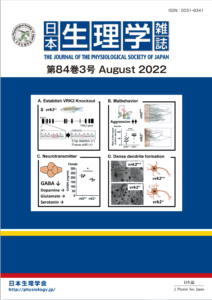
International and domestic journals
The Journal of the Physiological Sciences (JPS) (formerly the Japanese Journal of Physiology [1950 – 2008]) publishes peer-reviewed original papers, reviews, etc. in English. The JPS, published by Springer Nature, became Open Access in 2020. High-quality papers have been published, and its most recent impact factor is 2.781 (2021 – 2022).Find out more about the journal at:www.jps.biomedcentral.com. For PSJ members, The Journal of the Physiological Society of Japan is published quarterly in Japanese.
Please visit the PSJ website for more information: http://int.physiology.jp
A similar article has been published online at: IUPS.org
